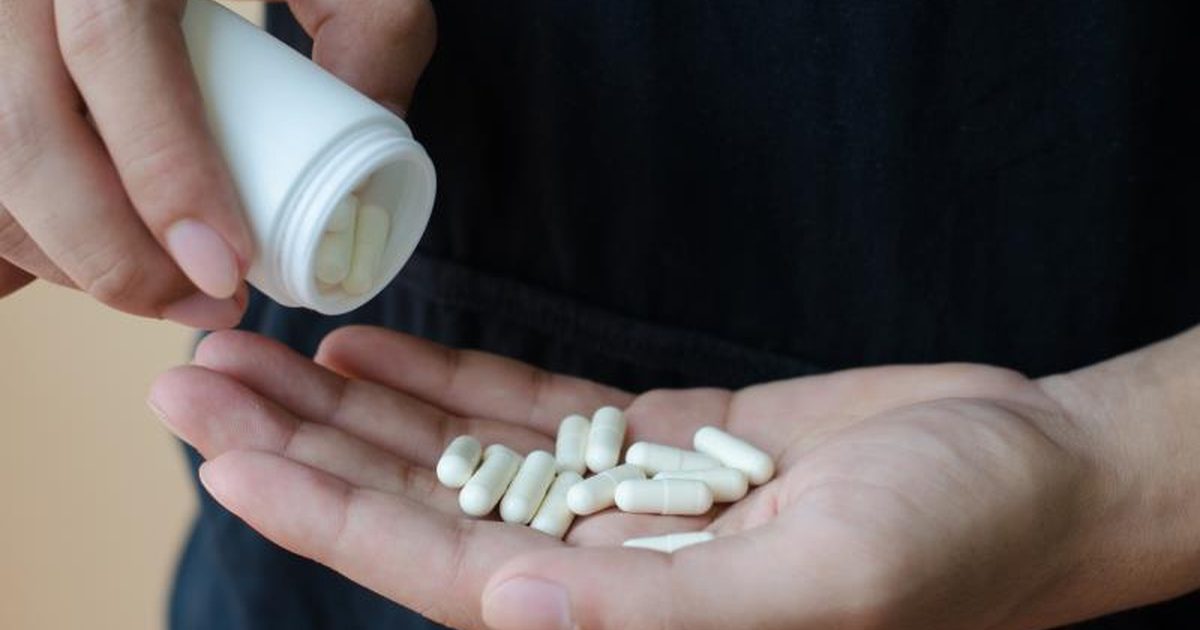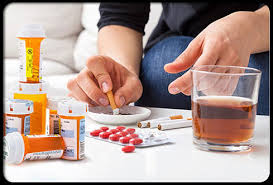

Addressing opioid painkillers abuse effectively and professionally
Addressing opioid painkillers abuse effectively: Outpatient detox
Although many patients who are dependent on opioids will benefit from long-term maintenance therapy with methadone or buprenorphine, several studies have suggests that there may be a meaningful subset of individuals who can obtain good outcomes with more time-limited approaches, because of this doctor Dalal Akoury reiterates that detoxification is typically connected with high relapse rates and return to opioid abuse. Besides that, some data also suggest that if you do it right, outpatient detoxification can be effective. And remember that, by addressing opioid painkillers abuse effectively, using naltrexone therapy is extremely important to help prevent resumption of illicit opioid use following detoxification.
Dr. Akoury has notes that outpatient detoxification may be particularly appropriate for patients who present for treatment with less severe opioid dependence. In this trial, consistent with previous research, stabilization on a lower dose of buprenorphine an indicator of less severe dependence was associated with a favorable treatment response. This finding may hold particular relevance for prescription opioid abusers, many of whom are younger and have brief histories of opioid dependence, less severe other drug use, less IV use, and greater psychosocial stability than past generations of primary heroin abusers.
Addressing opioid painkillers abuse effectively: Behavioral therapy and naltrexone maintenance
Although their study design did not permit them to measure the impacts of the treatment regimen’s intensive behavioral therapy and naltrexone maintenance, the researchers believe that both were instrumental to their patients’ positive outcomes. The behavioral therapy, delivered by master’s-level therapists, included counseling on how to handle withdrawal and avoid relapse, strengthen social networks, and find healthy recreational activities. The patients were also offered individually tailored sessions focused on their particular needs, from employment to managing depression.
Naltrexone is a non-opioid medication that blocks the receptors where opioids bind and exert their effects. A patient undergoing treatment for opioid addiction that slips and takes an opioid drug doesn’t get the expected high or euphoria. For this reason it may be right to suggest that naltrexone can be viewed as an insurance policy Dr. Akoury says. That because it can prevent a single lapse from turning into a full-blown relapse. The idea is, if you don’t have any drug effect, why spend heavily on OxyContin if Naltrexone can be taken long term to prevent recommencement of opioid use after detoxification?
From the research findings it is clear that longer usage of Bp/Nx tapers enhance patients’ outcomes is consistent with some even though not all, as it is evident in the previous studies on detoxification. Dr. Akoury says that more gradual Bp/Nx tapering may more completely suppress opioid withdrawal symptoms, thereby reducing patient discomfort and risk for relapse to opioids.
Finally when faced with any addiction challenge of any kind and not necessarily opioid painkillers, seeking for timely help are very important. The facts outline about the outpatient detoxification for opioid painkillers addicts above are essential but you also need to seek for more beyond outpatient treatment. Scheduling for an appointment with doctor Akoury will help you in finding out more about healthy solutions available at AWAREmed Health and Wellness Resource Center. This is actually the place to be for accuracy, assurance and professionalism in dealing with all matters relating to drug addiction.
Addressing opioid painkillers abuse effectively: Outpatient detox
http://regenerativepotential.com/wp-admin

0 comments
Write a comment